Colonial Cousins: There Is A Patna in Scotland And it is Celebrating #Bihar Diwas!
A quiet little village named Patna in Scotland recently celebrated Bihar Diwas to celebrate its historic links with the Bihar capital.
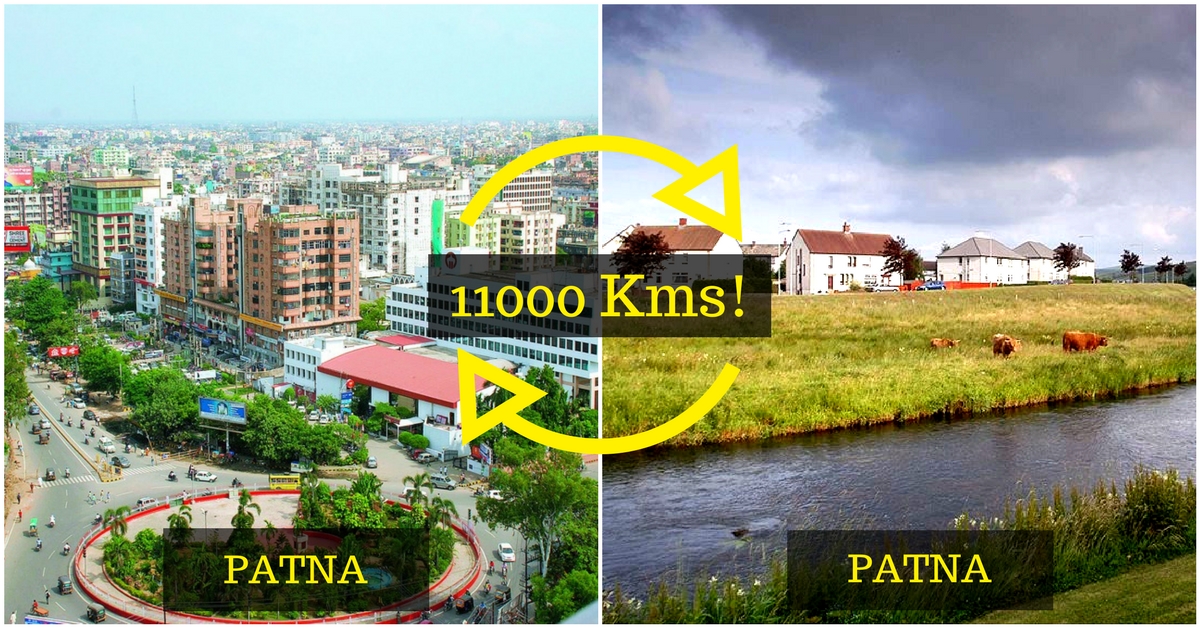
Every year, on March 22, Bihar Diwas is celebrated with much fanfare to commemorate the historic day when the state of Bihar was carved out from Bengal Presidency in 1912. A festive atmosphere prevails across the state, with cultural events being held in several towns and villages. The most popular among these events is the three-day extravaganza held at Patna’s Gandhi Maidan, which honours the state’s rich history and vibrant culture.
However, few know that a quiet little village named Patna in Scotland recently celebrated Bihar Diwas as well. Indian high commissioner YK Sinha (who hails from Patna) was the chief guest at this event that was attended by several members of Indian community.
Here’s the fascinating story of how Scotland came to have Patna’s colonial cousin!
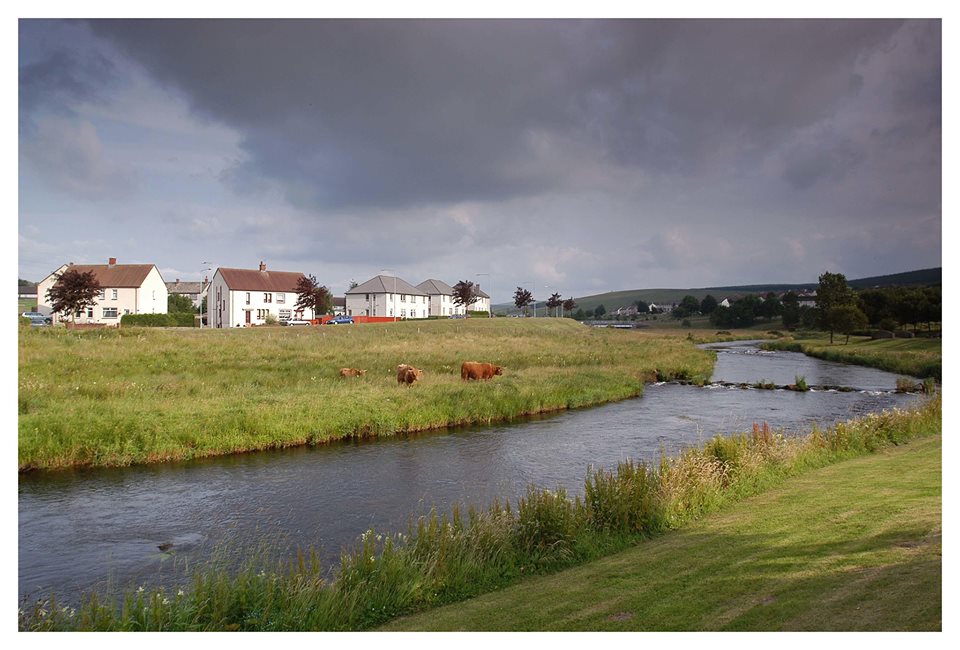
Located 11,000 km away from Bihar’s capital and 72 km away from Glasgow, the Scottish village of Patna lies between the Carrick and Kyle districts in the East Ayrshire. It is inhabited by nearly 3,000 people and lies on the beautiful banks of the river Doon, just like India’s Patna which is perched on the banks of river Ganga.
As for how it was established, historian John Moore writes in his 1972 book, ‘Gently Flows The Doon‘,
“Patna, the second surviving Doon Valley village, whose name conjures up visions of rice paddy fields, owes its title to the great Indian city on the Ganges. It was founded in the early years of the 19th century by William Fullarton, whose family had a close connection with the Bihar State.”
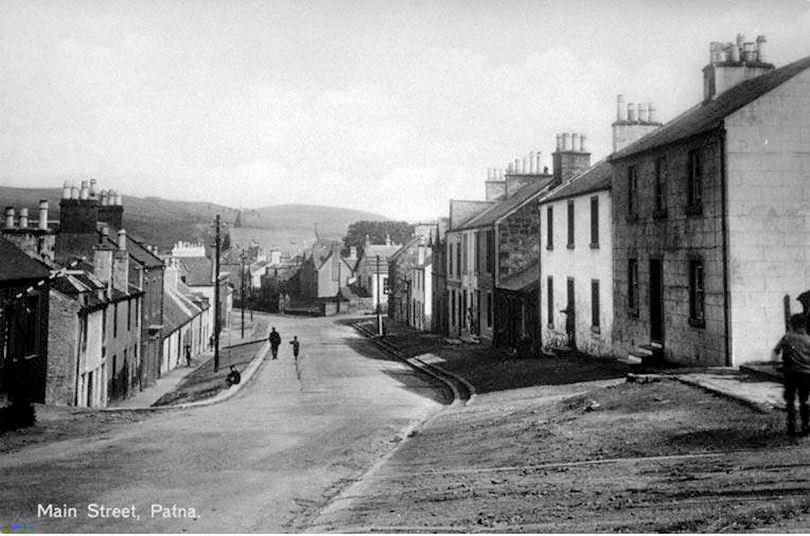
Between 1744-66, William’s father, John Fullarton, served as a major general in the British Army posted in Bihar. His uncle too served in India under the East India Company as a surgeon at Calcutta’s Fort William. As such, the family’s years in Bihar helped it establish close contacts with the local community.
An agriculturist by profession, William was born in Patna in 1774 and spent his formative years there as well. In 1802, he returned to Scotland to take up the reins of a mining business in East Ayrshire — the region had an abundance of coal and limestone.
To provide housing for people who worked on his estate and coalfields, William founded a village in the area and named it in fond memory of the Indian city of his birth. He also constructed a bridge (now known as Patna Auld Bridge) that remained in service for 155 years until a new bridge became operational in 1960.
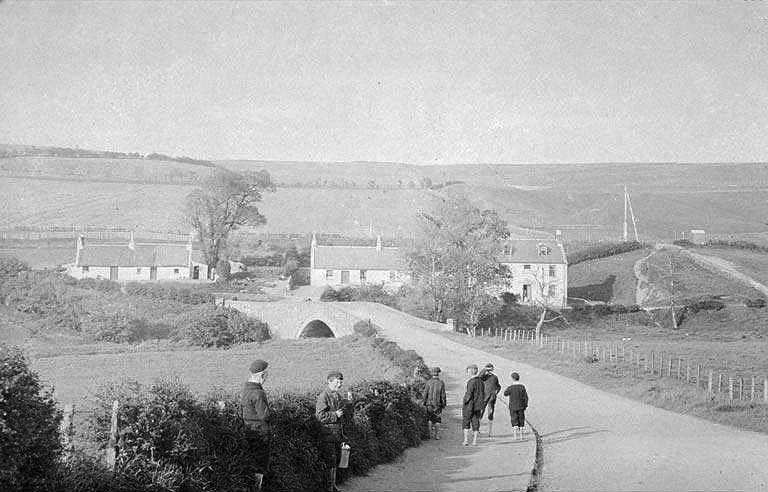
In the years that followed its founding, Scotland’s Patna grew into a rather peaceful settlement of people who engaged themselves in wool weaving and cattle rearing other than mining.
With time, the hamlet got a Patna Church, a Patna Youth Group, a Patna Community Centre, a Patna Golf Club and a Patna Primary School. In fact, the school building still has a plaque that reads, “Erected by the inhabitants of this neighbourhood in testimony of their gratitude to William Fullarton.”
Interestingly, local children in the village schools learn all about the Indian city that gave their village its name!
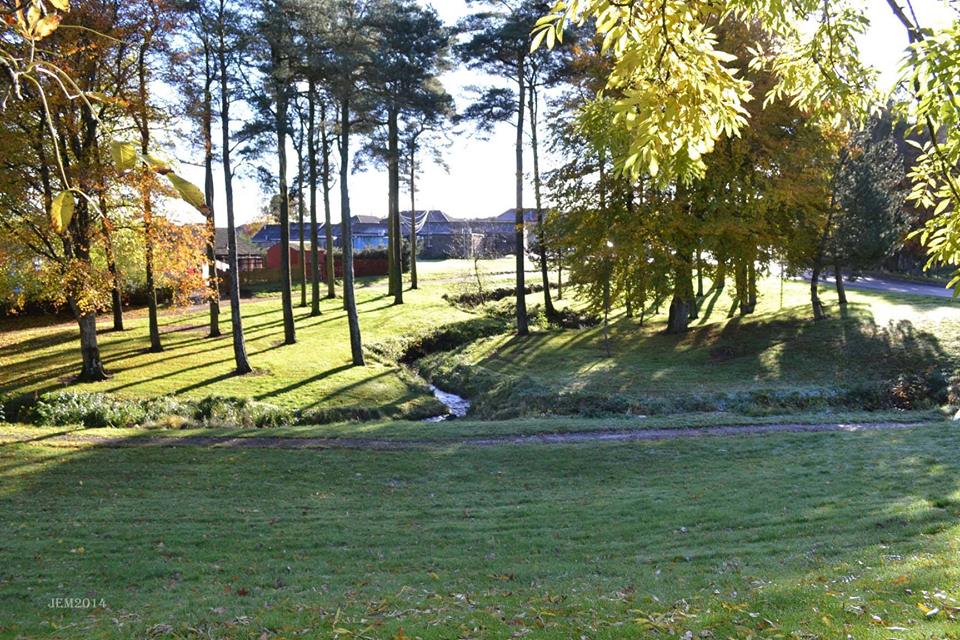
Today, Patna’s beautiful river banks are a popular among anglers for its serene ambiance. A short distance away from the hamlet, along the river Doon, lies Alloway — the birthplace of Robert Burns, a literary legend widely regarded as the national poet of Scotland.
So if you are heading to Scotland anytime soon, don’t forget to check out Patna’s quaint little colonial cousin!
Also Read: This Forgotten Scotsman Is The Reason Why The Anamalai Hills Are Still Lush With Trees
Like this story? Or have something to share? Write to us: [email protected], or connect with us on Facebook and Twitter.
NEW: Click here to get positive news on WhatsApp!

Similar Story

A Low-Cost, Bamboo Goat Shed Helps Cattle Rearers Save Livestock in Flood-Prone Bihar
The unique goat shed model by SEEDS India, a non-profit, has come to the rescue of impoverished cattle rearers. Costing as low as Rs 8,000, the first-of-its-kind model is designed to withstand floods, earthquakes, and even cyclonic storms.
Read more >
If you found our stories insightful, informative, or even just enjoyable, we invite you to consider making a voluntary payment to support the work we do at The Better India. Your contribution helps us continue producing quality content that educates, inspires, and drives positive change.
Choose one of the payment options below for your contribution-
By paying for the stories you value, you directly contribute to sustaining our efforts focused on making a difference in the world. Together, let's ensure that impactful stories continue to be told and shared, enriching lives and communities alike.
Thank you for your support. Here are some frequently asked questions you might find helpful to know why you are contributing?


This story made me
-
97
-
121
-
89
-
167












